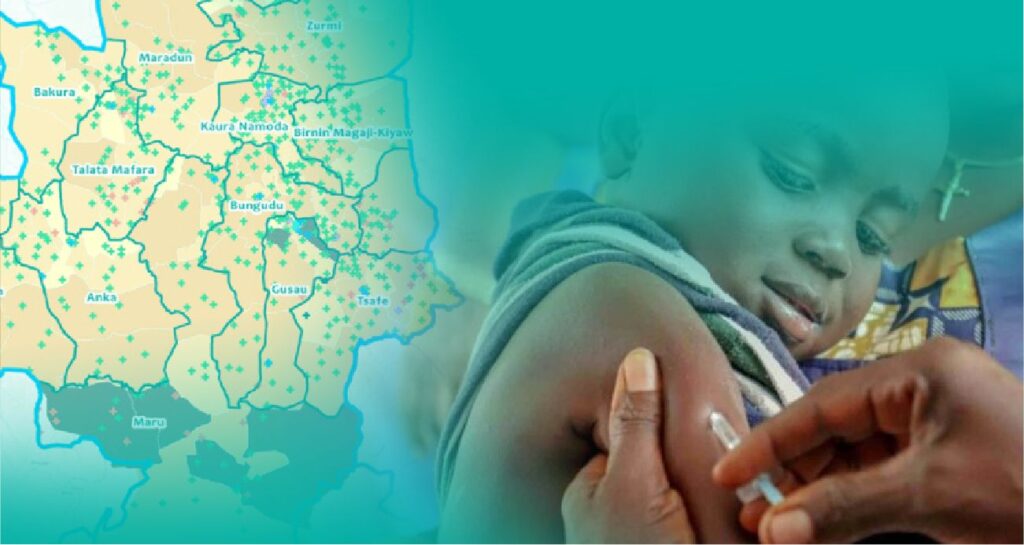Nigeria has made tremendous progress in the fight against polio, but the journey is not over. To sustain gains and prevent a resurgence, vaccination campaigns must continue with intensity and creativity. One innovative approach is the In-Between Rounds Activity (IBRA) campaign, which uses community engagement to maintain momentum between national immunization rounds. At the heart of this strategy lies an unexpected but powerful tool: edutainment.
What Is IBRA?
The IBRA campaign is designed to bridge the gap between large-scale polio vaccination rounds. It ensures that children who missed vaccination are reached, awareness is sustained, and communities remain mobilized. Instead of waiting for the next big push, IBRA keeps polio eradication efforts alive—day to day, community by community.
The Role of Edutainment in IBRA
Edutainment—blending education with entertainment—makes health communication relatable, engaging, and memorable. In Nigeria’s polio eradication drive, it is being used to:
- Dispel Myths and Misinformation: Street drama, puppet shows, and community skits address common fears around the polio vaccine in a non-threatening way.
- Amplify Awareness: Radio jingles, catchy songs, and interactive talk shows keep polio conversations active between campaigns.
- Engage Youth and Children: Cartoons, storytelling sessions, and school competitions make vaccination a topic of pride among children—who in turn influence their parents.
- Build Trust: Involving local comedians, musicians, and cultural icons ensures messages come from voices communities already trust.
Why It Works
Edutainment connects with people at an emotional and cultural level. While traditional health talks may be ignored, a lively drama or song draws a crowd, sparks conversation, and leaves lasting impressions. In communities where mistrust has slowed vaccine uptake, laughter, music, and storytelling break down barriers more effectively than statistics ever could.
Examples in Action
- In Northern Nigeria, theatre groups perform short plays in markets and villages, showing families the dangers of polio and the safety of vaccines.
- Local radio stations run jingles in Hausa, Pidgin, and other local languages, making sure parents hear familiar voices reminding them of vaccination days.
- School drama competitions reward creativity while spreading pro-vaccine messages among children and parents.
Conclusion
The IBRA campaign demonstrates that polio eradication is not just a medical effort—it is a social one. By harnessing the power of edutainment, Nigeria is keeping communities engaged, accelerating vaccine uptake, and ensuring no child is left behind. In the fight against polio, creativity is proving to be just as essential as science.


